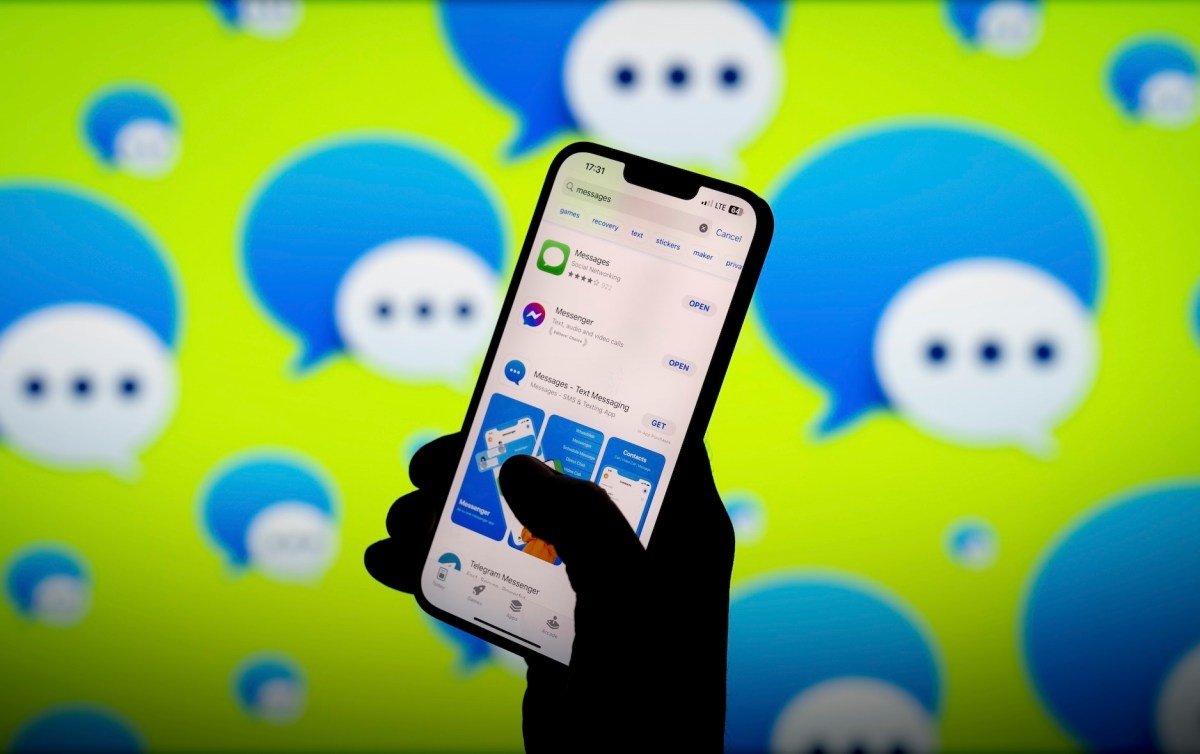In a bold move, Apple revealed today that it will be enhancing the security of iMessage with post-quantum cryptography. This upgrade will be implemented in the upcoming iOS and iPadOS 17.4, macOS 14.4, and watchOS 10.4 versions.
The tech giant explained that in the future, quantum computers may have the ability to crack current encryption standards. To prevent this potential security threat, Apple is revamping the end-to-end encryption process for iMessage without requiring quantum-level processing power.
“A sufficiently powerful quantum computer could solve these classical mathematical problems in fundamentally different ways, and therefore — in theory — do so fast enough to threaten the security of end-to-end encrypted communications,” said Apple in their official statement.
In simple terms, current messaging apps use a combination of public and private keys to encrypt and decrypt messages. This encryption process depends on the strength of the cipher used and the computing power of the hacker trying to decipher it.
Concerned about the future capabilities of quantum computers, Apple and other companies are taking proactive measures to enhance their encryption methods.
Apple’s new protocol, named PQ3, combines the existing Elliptic-Curve cryptography with post-quantum cryptography. This means that future attacks using quantum computing will be prevented by the upgraded encryption standard.
In order to stay ahead of potential threats, Apple has also announced that they will be regularly changing the encryption keys used for iMessage conversations.
To ensure the effectiveness of their new PQ3 standard, Apple has enlisted the help of two academic research teams. However, since quantum computing is still not widely available, it is impossible to accurately gauge the success of this upgraded protocol.
At a time when lawmakers are discussing potential regulations that could impact the use of encryption in messaging services, Apple’s announcement shows their commitment to protecting user privacy. Other companies, such as Meta, are also taking steps to implement end-to-end encryption protections in their products, such as Messenger and Instagram.
Notably, Signal, another messaging app, has already upgraded to post-quantum encryption algorithms last year, recognizing the importance of safeguarding against future threats.








